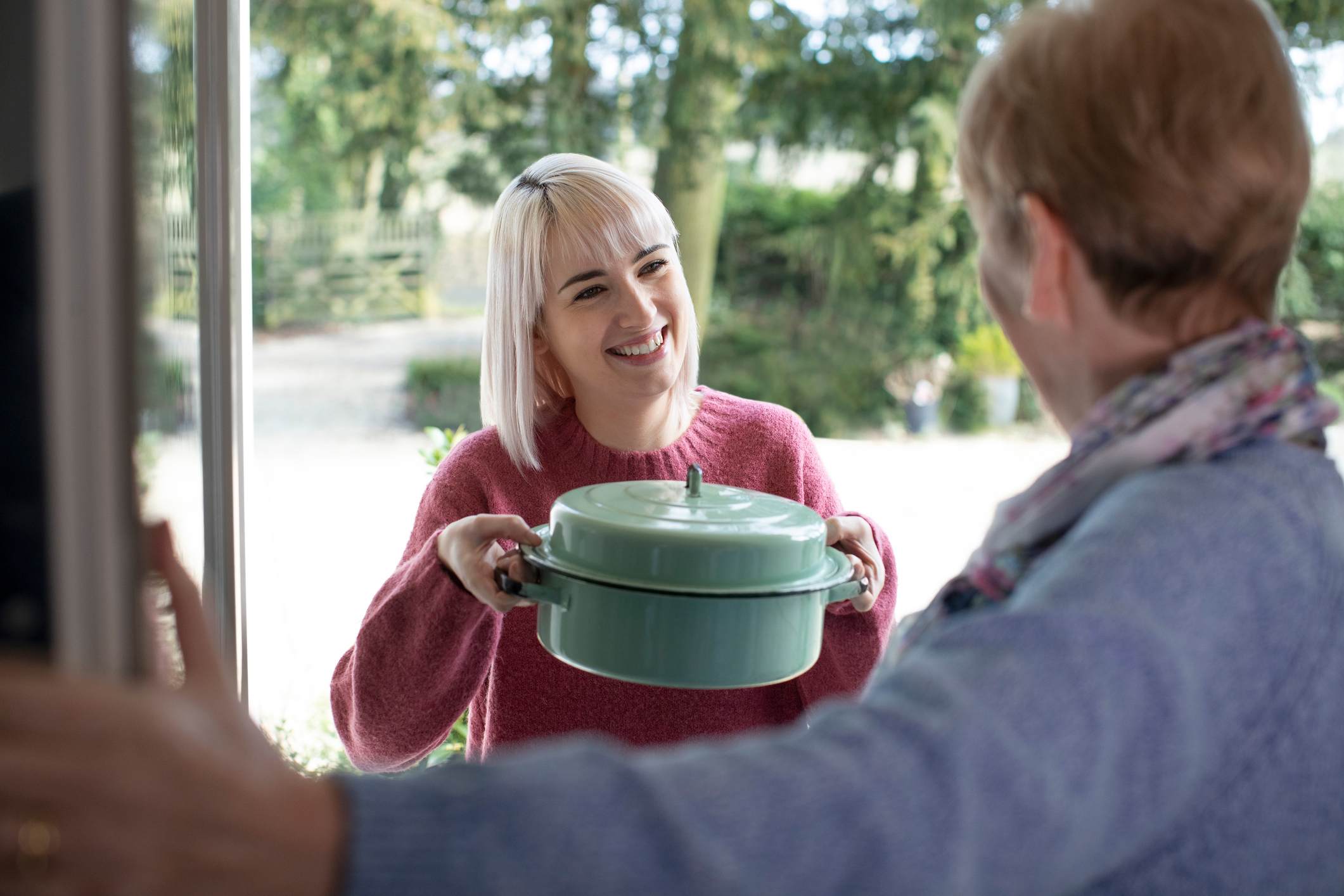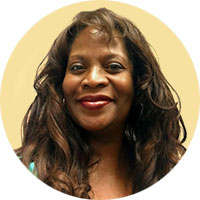Get Easy Health Digest™ in your inbox and don’t miss a thing when you subscribe today. Plus, get the free bonus report, Mother Nature’s Tips, Tricks and Remedies for Cholesterol, Blood Pressure & Blood Sugar as my way of saying welcome to the community!
The easiest way to keep your emotions in check, decrease depression and get happy

A new year brings opportunities, and setting goals or resolutions is a common practice.
But as Richard Ryan, Professor Emeritus of psychology and clinical psychologist at the University of Rochester points out, “The evidence shows that most of the time people aren’t successful at them.”
He adds, however, that any occasion that allows us to reflect on our lives is ultimately a good thing — and it doesn’t just have to be on New Year’s.
“Whenever that happens, if it’s really a reflective change — something that you put your heart behind — that can be good for people.”
Resolve to help others to help yourself
What are some goals you can set for yourself for the upcoming year?
Ryan offers helpful advice by suggesting that we think about making useful contributions to those around us. In fact, what proves most satisfying are goals that include others.
“Think of how you can help,” he says. “There’s a lot of distress out there: If we can set goals that aim to help others, those kinds of goals will, in turn, also add to our own well-being.”
That could be something as simple as donating to a local food pantry or anything that you put your heart behind to benefit others.
And that cheerful “warm glow” you experience when you help someone? It’s good for you. Practicing pro-social behavior helps us regulate our own emotions, decreases symptoms of depression and makes people happier.
This advice is grounded in decades of research, by the way…
Ryan and his partner Edward Deci, University of Rochester Professor Emeritus of psychology, developed the “self-determination theory” (SDT) over 40 years. This theory has become one of the most widely accepted frameworks of human motivation in contemporary behavioral science. It confirms a strong correlation between the well-being, health, and longevity of humans who are emotionally and behaviorally compassionate.
The acts of willingly helping others, satisfy all three of the basic psychological needs identified in SDT research, such as autonomy, competence and relatedness. For example, autonomy in this context means you can select activities that are the most meaningful. Competence means having a sense of effectiveness and gratification from donating to a good cause. Finally, relatedness is the connection with others — something we could all need more of right now.
Help others to help yourself
Here are a few ways you can start helping others and help yourself in the process:
- Volunteer your time. In every community, many groups and organizations need people to help keep that program running.
- Pay it forward. You can pay it forward, such as paying for someone’s coffee in Starbucks or someone’s bill at a restaurant, without asking anything in return.
- Help a friend in need. There are countless ways to help our friends, such as giving a friend a ride, watering their plants, or walking their dog when they are sick.
The ways we can help others are limitless, so start shifting your mindset to helping others and see how it improves your wellness in a powerful way.
Editor’s note: Did you know that when you take your body from acid to alkaline you can boost your energy, lose weight, soothe digestion, avoid illness and achieve wellness? Click here to discover The Alkaline Secret to Ultimate Vitality and revive your life today!
Sources:
How to be happier in 2021 — Science Daily
In helping others, you help yourself — Psychology Today














